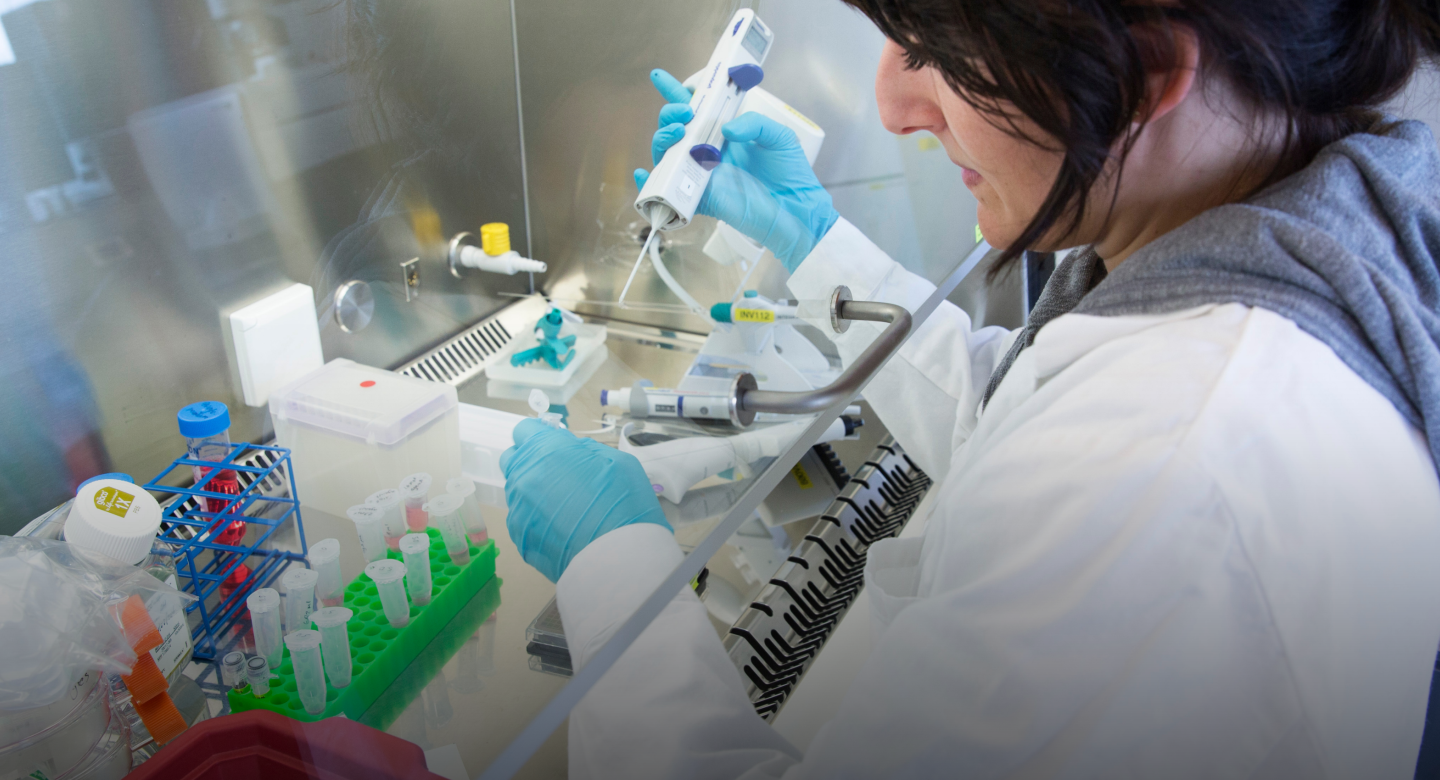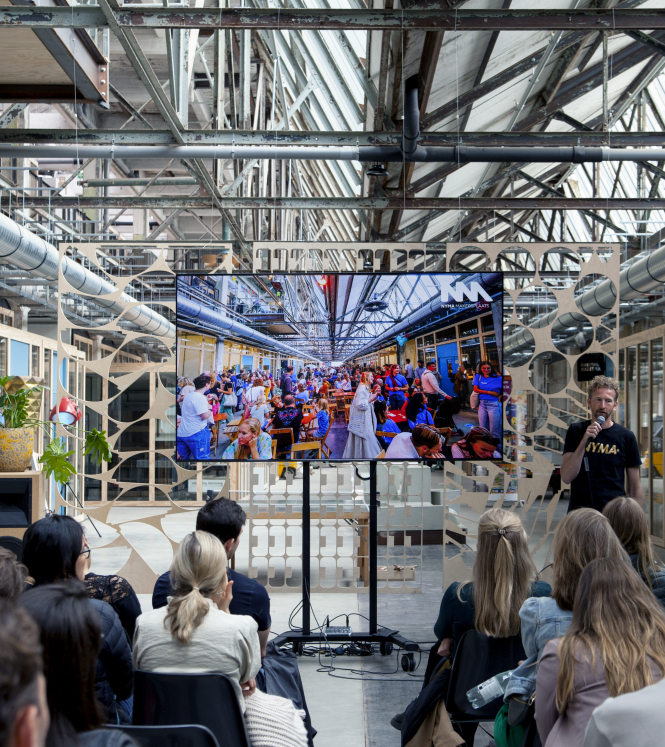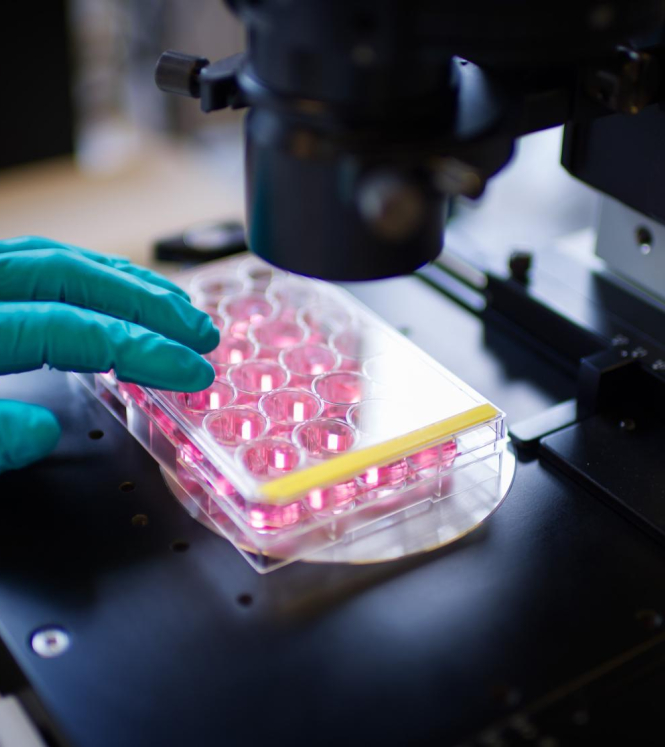

Transforming pharmaceuticals with Organ-on-a-Chip technology
For every drug that reaches the market, pharmaceutical companies invest time and effort in dozens, if not hundreds, of drugs that ultimately fail. Dutch biotechnology company MIMETAS, led by CEOs Jos Joore and Paul Vulto, is on a mission to change the way medicines are developed.
By offering advanced human tissue models for testing and research, MIMETAS is at the forefront of a revolution in drug development. Their platform, the ‘OrganoPlate’, allows the cultivation of miniature organ models, such as lungs, intestines, and blood vessels, complete with realistic disease conditions. This gives researchers a more accurate view of how a drug behaves in the human body while speeding up the discovery of new treatments.
The challenge of drug development
Developing new medicines is slow and costly. On average, it takes more than a decade and billions of euros to bring a drug from the laboratory to the pharmacy. Testing is one of the biggest hurdles.
“One option is to test them on laboratory animals. But laboratory animals are poor predictors of whether the drug works in humans. On top of that, testing on animals raises ethical concerns. Another option is to test the drugs on cells grown in a lab. That is not a good option either, because the body does not consist of just one type of cell, but is much more complex,” explains Jos Joore, CEO of MIMETAS.
By bridging the gap between simple lab tests and complex human biology, Organ-on-a-Chip models make research both more reliable and more ethical.
How the OrganoPlate works
At the heart of MIMETAS’ innovation is the OrganoPlate, a microfluidic device that can grow multiple miniature organs in parallel. Each chip contains tiny channels lined with human cells, simulating blood vessels. Researchers can introduce drugs or disease conditions to see how tissues respond.
“That is a plate containing tiny fluid channels in which we grow small living models of human organs. For example, we can grow lung and intestinal tissue, and even provide them with blood vessels and diseases. Medicines can then be tested on hundreds of different variations of the mini-organs at the same time, which provides important insights and accelerates drug development,” says Jos.
Supporting innovation in the Netherlands
Developing breakthrough innovations is not easy, in any sector. That is why the Netherlands finances innovative companies with, for example, subsidies.
“If you are at the beginning with a good idea, but your technology has not yet been proven, it is incredibly difficult to get investments. It often takes years for a company to be profitable and that makes investors hesitant. That's why we signed up for the Innovation Credit from RVO, which we received twice,” says Paul Vulto, CEO of MIMETAS.
The Dutch government also supports international expansion. Through its network of embassies and consulates, the Ministry of Foreign Affairs provides access to trade missions, market insights, and regulatory guidance, helping MIMETAS reach new markets.
Growing internationally
For biotech companies, establishing an international presence is often crucial. MIMETAS has expanded into the United States and Japan.
“When we set up our subsidiary in the US, we actually did everything based on our own knowledge and connections,” says Paul.
“In Japan, our contact with the Dutch embassy was much more intensive. The embassy put us in touch with Japanese companies through the Innovation Attaché Network. In addition, we were allowed to use the embassy for our events, something that has a lot of prestige in Japan. We also won the Deshima award for companies that are successful in Japan and add something to society. All these things contributed enormously to our success in Japan.” adds Jos.
Opportunities in Switzerland
After Japan, MIMETAS is focusing on Switzerland, recognised for its innovation and strong Life Sciences and Health sector. In Switzerland, there is a direct market for Organ-on-a-Chip technology, which offers opportunities for Dutch business. With the trade mission in September 2025, the Netherlands is committed to strengthening the economic partnerships between the two countries.
“Switzerland is really a hotspot for the pharmaceutical industry. The big pharmaceutical companies Roche and Novartis are located there. In addition, a lot of groundbreaking research is done by famous universities, which in turn have produced leading start-ups,” says Paul.
“After the trade mission to Boston, we heard all kinds of good stories from colleagues. They indicated that they had really made progress with their international connections. In retrospect, we realised that we should have participated as well. That's why this trade mission was planned early on,” adds Paul.
Looking ahead
Organ-on-a-Chip technology is still evolving, with potential beyond drug testing, including personalised medicine, disease modelling, and regenerative therapies. By simulating individual patient tissues, doctors may one day predict the most effective treatment for each person.
MIMETAS continues to develop new models and refine existing ones, aiming to make human-relevant drug testing the standard in pharmaceutical development. This benefits patients through safer, more effective medicines.
Dive in
-

-

-

-
 In the spotlight
In the spotlightFrom strategic planning to Slush 100 success: how OASYS NOW’s preparation paid off
Read more

